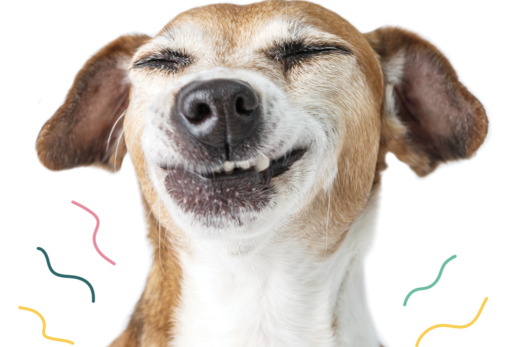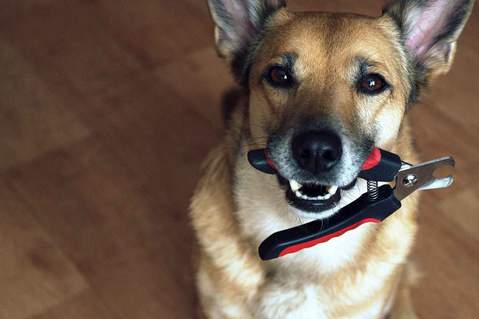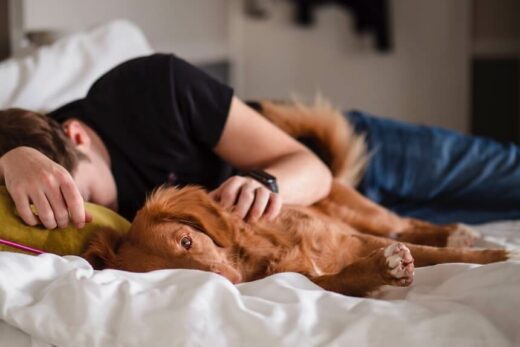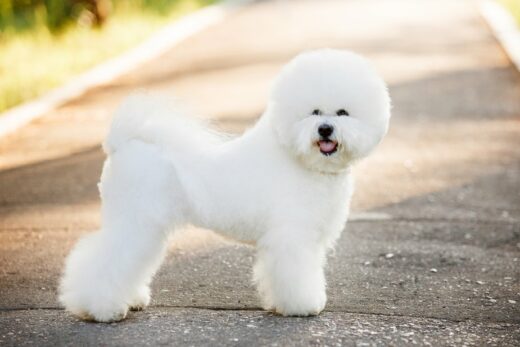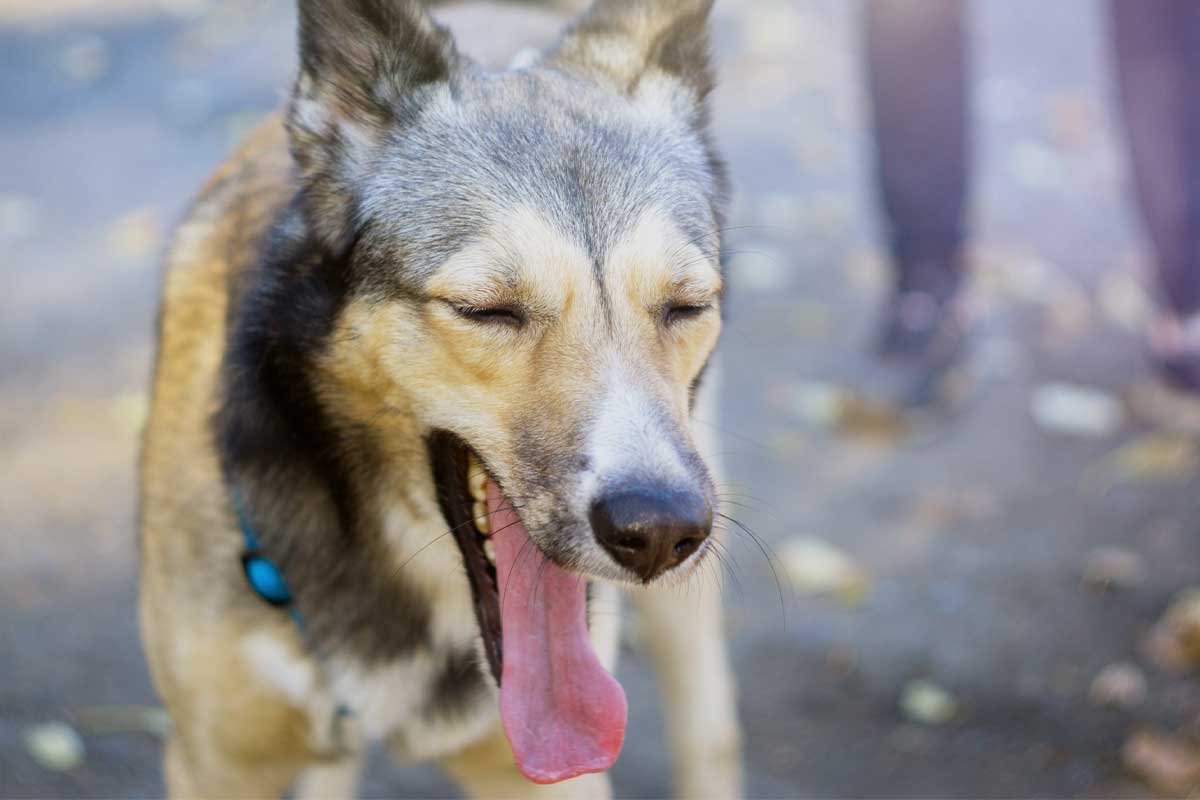
Your dog suddenly sits up sits up straight, snorts loudly, and gasps for air as if they’re choking on something. But the episode quickly passes, and they just as suddenly return to normal. What you just witnessed is likely a bout of reverse sneezing. Reverse sneezing is common in dogs and is alarming, but typically harmless. So, what causes reverse sneezing? Should you be concerned?
What is reverse sneezing?
Reverse sneezing, also referred to as paroxysmal (sudden and recurrent attack or spasm) respiration or mechanosensitive aspiration reflex, is a common occurrence in dogs. Effectively the opposite of a normal sneeze, reverse sneezes involve sudden, rapid, and repeated inhalations through the nose, followed by snorting or gagging sounds.
The first time you see your dog do this, it can be very alarming and may make you think they’re struggling to breathe. However, these involuntary episodes are usually just a way for the dog to attempt to remove foreign particles such as dust, powder or other irritants or allergens from its upper airways.
Bouts of reverse sneezing in dogs will usually last only about 30 seconds or less, and you will likely see your dog stand still with their elbows spread apart, head and neck extended, and eyes bulging. Their chest and abdomen will also be rapidly moving in and out.
Reverse sneezes are caused by a muscle spasm at the back of a dog’s mouth where it meets the throat. This temporary narrowing of the opening of the trachea, making it difficult for the dog to inhale. While some dogs may never experience a reverse sneezing fit, it is very common for some dogs to have repeated episodes throughout their lives.
What causes reverse sneezing in dogs?
The exact cause of a reverse sneeze is unknown, although possible reasons are similar to those for normal sneezes and coughing: to expel an irritant. Reverse sneezes are just your dog’s body’s way of expelling an irritant that’s slightly further down, at the nasopharynx (area by the soft palate).
The most common cause of reverse sneezing is an irritation of the soft palate and throat that results in a spasm. Irritants can include:

